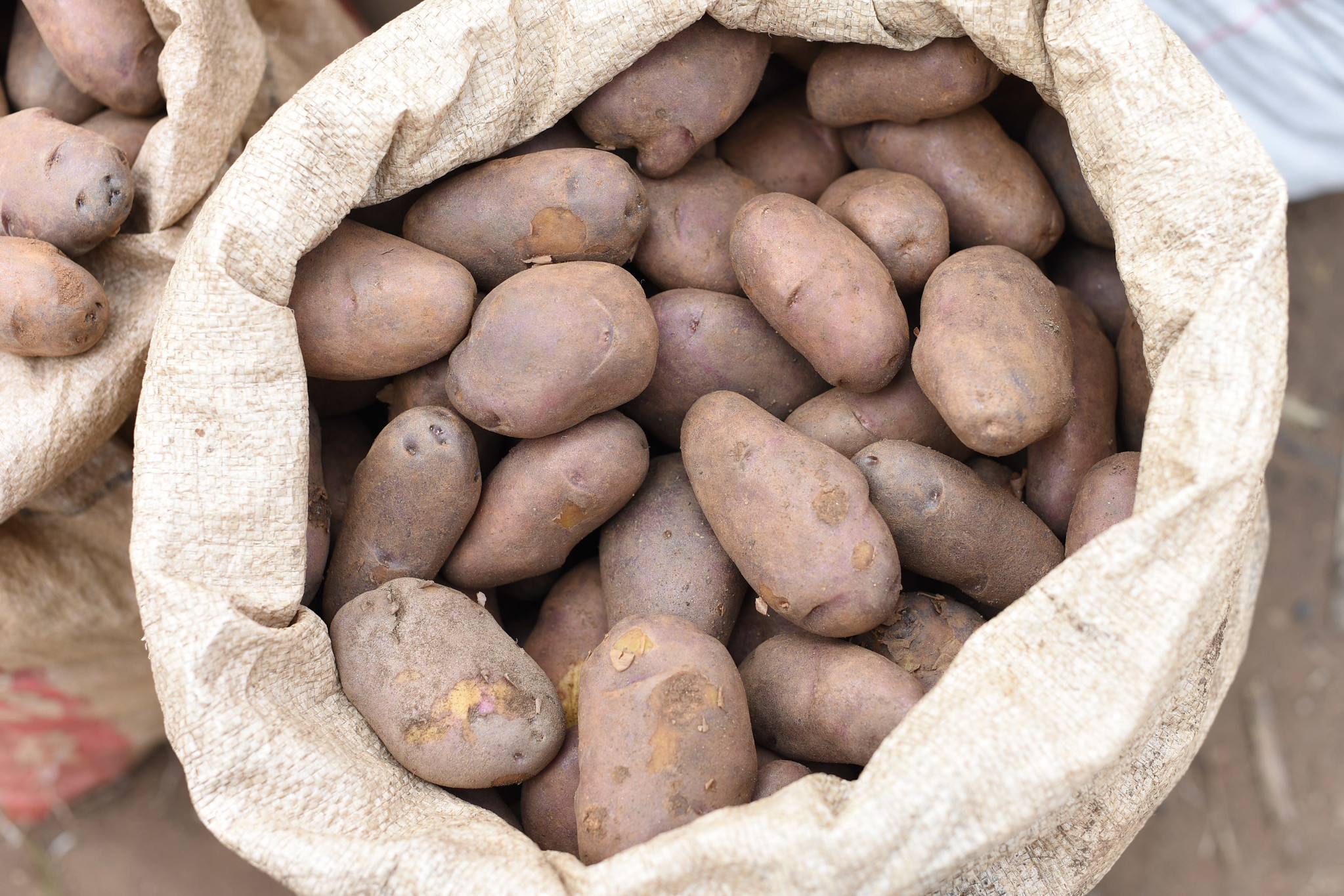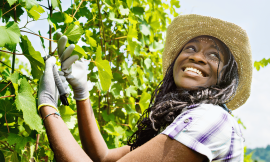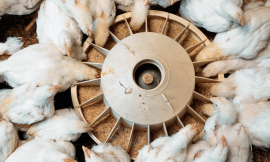The International Institute of Tropical Agriculture (IITA) is empowering National Plant Protection Organisations (NPPOs) in Africa with the tools and training needed to detect and manage the Potato Cyst Nematode (PCN)—a microscopic pest silently devastating potato crops across East and Southern Africa.
Potatoes are a vital food staple and income source for over 800,000 smallholder farmers in the region. Nearly 9 million tons are produced annually across more than 800,000 hectares. However, the potato’s future is under threat. PCN, a soil-borne quarantine pest, infects and feeds on potato roots, reducing tuber size and stunting plant growth, which can sometimes result in complete yield loss. Its presence can also severely disrupt regional trade due to strict phytosanitary controls at borders.
To address this, IITA is leading a multi-country initiative through the WTO’s Standards and Trade Development Facility (STDF), coordinated by the Food and Agriculture Organisation (FAO). Implemented in collaboration with the International Centre of Insect Physiology and Ecology (ICIPE) through the NemAfrica lab, and in partnership with the International Potato Centre (CIP), the Kenya Plant Health Inspectorate Service (KEPHIS), and the Centre for Agriculture and Bioscience International (CABI), the project focuses on enhancing the diagnostic and response capabilities of NPPOs in 12 key African countries.
The training program is tailored to build foundational skills for early and accurate detection of PCN. Many farmers and agricultural professionals have traditionally mistaken PCN symptoms for poor soil fertility or general crop fatigue. Affected plants appear yellow, grow stunted, and produce smaller tubers. This misdiagnosis allows the pest to spread unnoticed, jeopardising food security and livelihoods.
By strengthening diagnostic capacity and fostering regional collaboration, this project is a vital step toward safeguarding potato production and trade in East and Southern Africa. Accurate identification of PCN will enable timely interventions, protecting farmers’ livelihoods and contributing to food security – Dr. Harun Murithi, Consultant Crop Health Specialist – Disease and Pest Management at IITA.
The project also aims to build the capacity of both public and private sector organisations across the potato value chain to collectively manage phytosanitary risks posed by PCN and other emerging pests. It is enhancing the diagnostic capabilities of plant health professionals and border inspectors to identify and contain PCN more effectively.
Technicians and laboratory staff are being trained in PCN sample collection, extraction, and identification. Essential diagnostic equipment — including the key extraction tool known as the Fenwick can — along with sieves and other consumables, are being provided to NPPO laboratories. In addition, detection surveys are being supported in major potato-growing regions across the 12 participating countries to map the pest’s presence.
A recent training workshop in Nairobi brought together NPPO representatives from Kenya, Uganda, Burundi, South Sudan, Rwanda, Ethiopia, Zimbabwe, Zambia, Malawi, Mozambique, Tanzania, and Lesotho to build foundational PCN diagnostic skills. Since the training, national surveys have commenced with support from NemAfrica. Zimbabwe has completed extraction and identification, while Zambia and Malawi are currently underway. Ethiopia has completed sample collection, with surveys planned in Lesotho, Mozambique, and Uganda.
By promoting awareness across the potato value chain—from farmers to policymakers—and reinforcing cross-border cooperation, the project aims to create a coordinated and sustainable response to PCN. With improved diagnostic infrastructure and stronger regional collaboration, countries are better positioned to protect one of Africa’s most important staple crops from an often invisible but highly destructive enemy.
Cover image from the International Potato Centre (CIP) Flickr.






